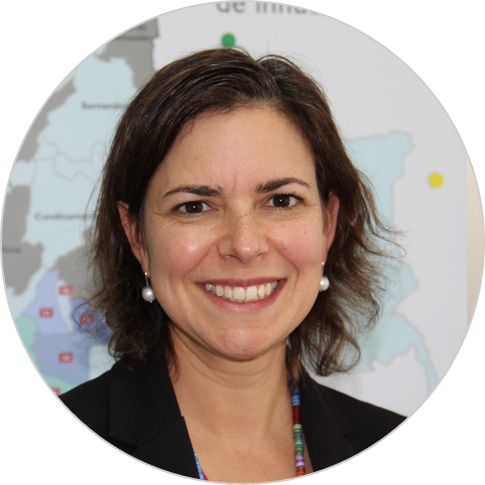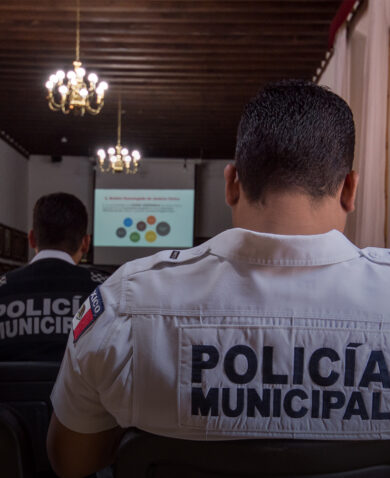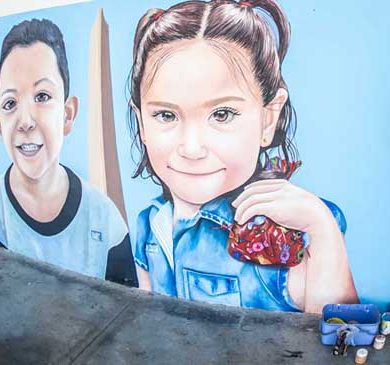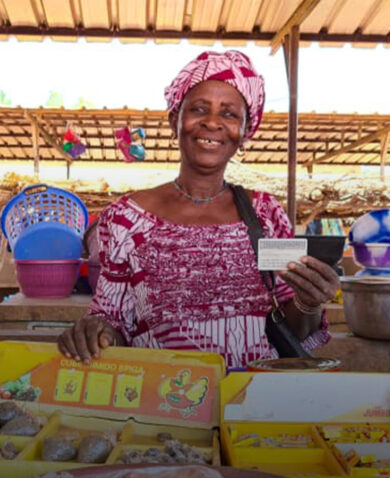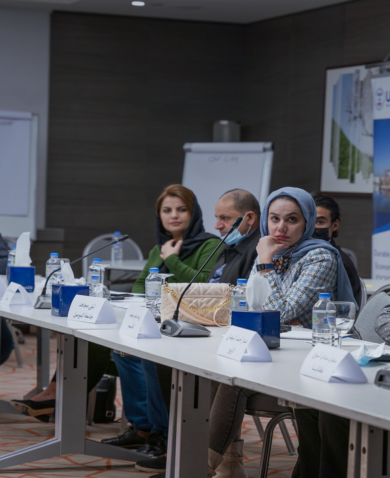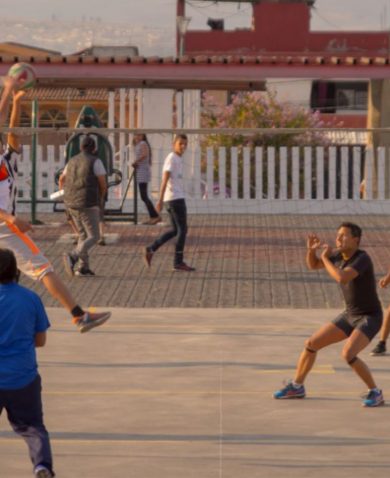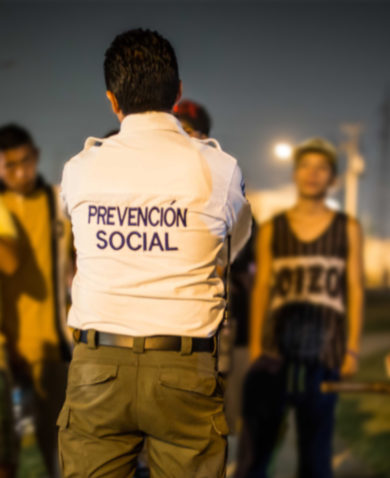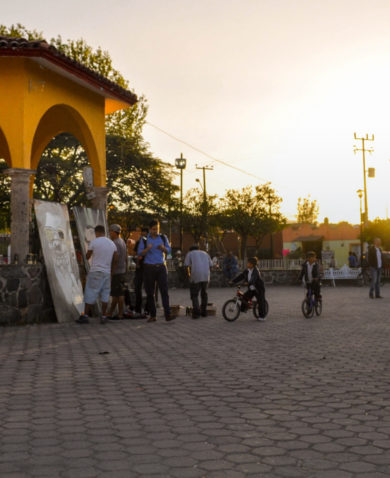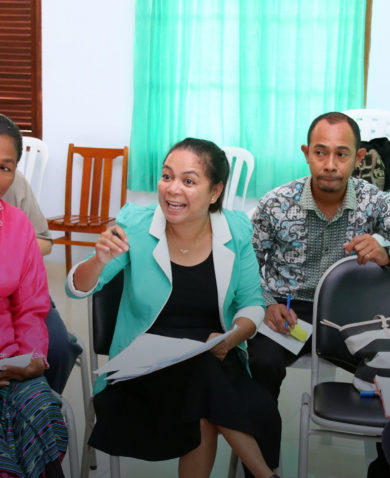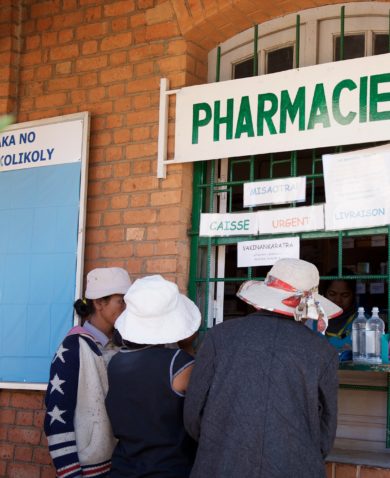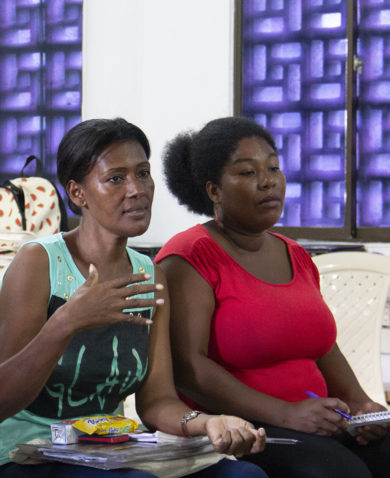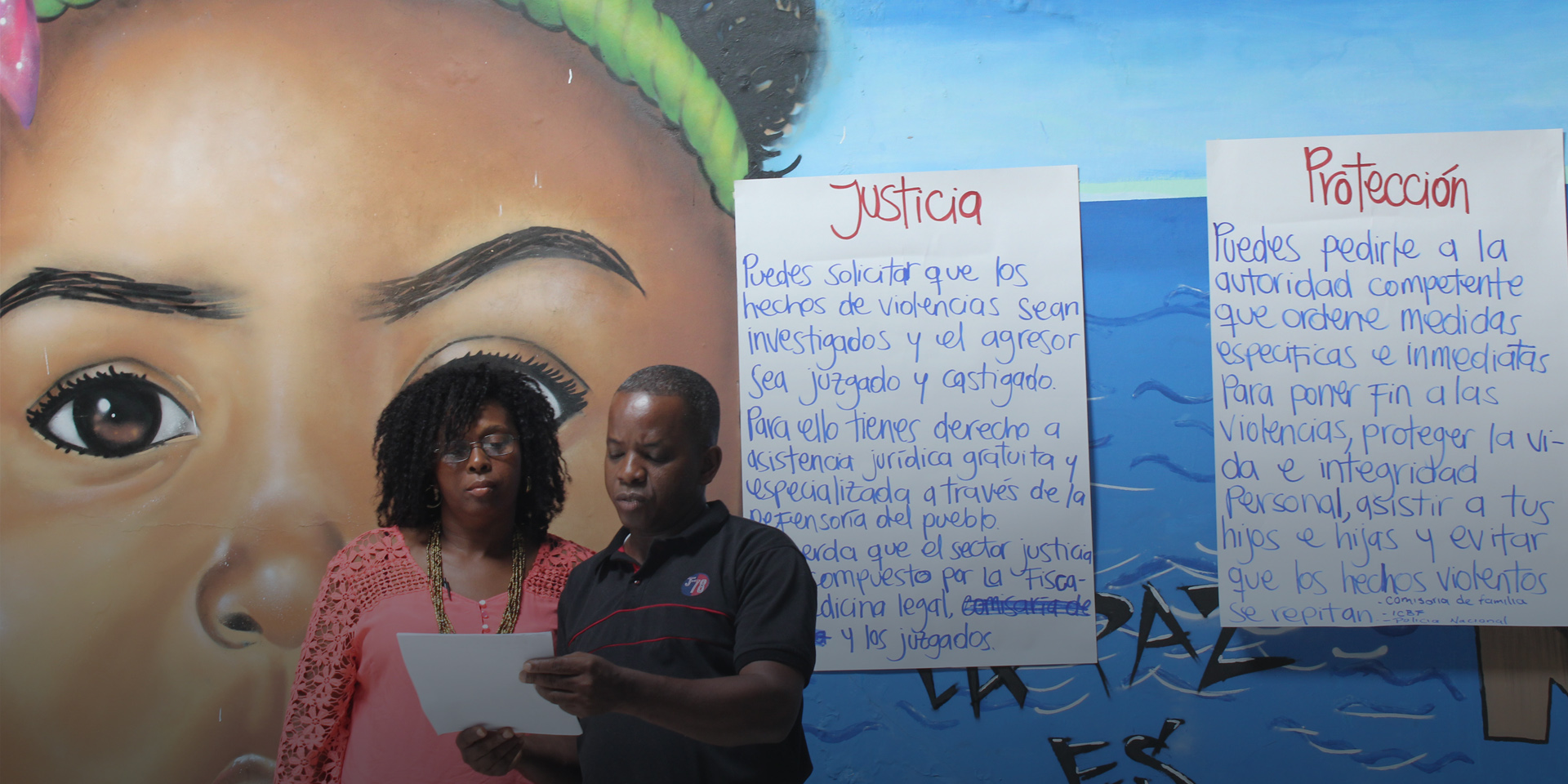
Stop, Look, and Listen! Preventing Recruitment of Youth into Illicit Activities in Southern Colombia
April 18, 2019 | 2 Minute ReadAs development practitioners, we tend to rush in with solutions to deal with complex problems. But, acknowledging problem complexity means we need to step back and give ourselves room to figure out how to achieve sustainable impact.
This post originally appeared on Harvard’s Center for International Development’s Building State Capability program’s blog. The authors successfully completed the 15-week Practice of Problem Driven Iterative Adaptation online course. This is their story.
As development practitioners, we tend to rush in with solutions to deal with complex problems. We impose so-called best practices without digging deep to uncover the roots of a problem due to donor demands and other pressures to show short-term gains. However, acknowledging that a problem is “complex” means that we first need to step back and give ourselves room to figure out how to achieve sustainable impact. We found this to be the case when confronting the problem of youth recruitment in Vaparaiso, Colombia, where we applied problem driven iterative adaptation (PDIA).
In post-conflict Colombia, following half a century of civil strife, youth in municipalities previously controlled by the former Revolutionary Armed Forces of Colombia (FARC) are experiencing an emerging threat to their well-being. Violent groups that benefit from illicit activities, such as drug trafficking and illegal mining, are taking advantage of the power vacuum, left by the demobilization of the FARC, by coercing youth to join their ranks. The small, isolated municipality of Valparaiso, with a population of nearly 12,000, is no exception. Lack of trust in the judicial system and local authorities to bring perpetrators to justice and prevent retaliation has led to a severe underreporting of this phenomena. The mayor’s office and family services are responsible for preventing youth recruitment. The municipality is further hampered by limited budget resources, administrative capacity, and information to comply with its obligations regarding prevention and response to recruitment.
This is clearly a “wicked hard” problem that we had been contemplating from six different chairs in Colombia and remotely from the U.S. The first task we took … Read the full post on the Building State Capability program’s blog.
Posts on the blog represent the views of the authors and do not necessarily represent the views of Chemonics.

